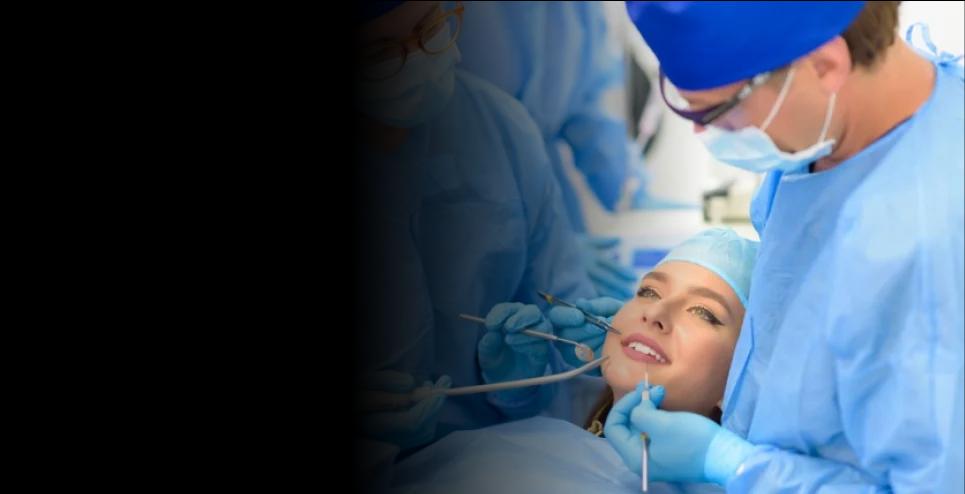Deep Brain Stimulation (DBS) Surgery
at Sterling Hospitals - Vadodara - Race Course Road

at Sterling Hospitals - Vadodara - Race Course Road

How can we help you?
Deep Brain Stimulation (DBS) Surgery
Deep Brain Stimulation (DBS) surgery is a surgical procedure used to treat certain neurological conditions, such as Parkinson's disease, essential tremor, dystonia, and obsessive-compulsive disorder (OCD). It involves the implantation of electrodes into specific areas of the brain, which are connected to a pulse generator device implanted under the skin near the collarbone. The device delivers electrical impulses to the brain, modulating abnormal brain activity and alleviating symptoms associated with neurological disorders.
When and why do people go for Deep Brain Stimulation (DBS) Surgery?
People undergo Deep Brain Stimulation (DBS) surgery when they have been diagnosed with neurological conditions that are not adequately controlled with medications or other treatment options. DBS may be recommended when symptoms such as tremors, rigidity, bradykinesia, or involuntary movements significantly impact daily functioning and quality of life. It is often considered for individuals who experience fluctuations in medication effectiveness, medication side effects, or medication-resistant symptoms. DBS surgery aims to improve motor symptoms, reduce medication requirements, and enhance the overall quality of life for patients with neurological disorders.
What makes Deep Brain Stimulation (DBS) Surgery different from other treatment options?
Deep Brain Stimulation (DBS) surgery differs from other treatment options for neurological disorders, such as medications or traditional surgery, in that it offers targeted and adjustable stimulation of specific areas of the brain involved in motor control and regulation of mood and behavior. Unlike medications, which may have limited efficacy or intolerable side effects, DBS provides continuous and precise electrical stimulation to the brain, offering consistent symptom control without the need for frequent dosage adjustments. Additionally, DBS is reversible and adjustable, allowing healthcare providers to fine-tune stimulation parameters to optimize symptom relief while minimizing side effects.
How does life change after Deep Brain Stimulation (DBS) Surgery?
Life after Deep Brain Stimulation (DBS) surgery can vary depending on factors such as the type and severity of the neurological condition, the individual's overall health, and their response to treatment. Many people experience significant improvements in motor symptoms, such as tremors, stiffness, and slowness of movement, following DBS surgery, which can lead to greater independence, mobility, and participation in daily activities. Some individuals may also experience improvements in mood, cognition, and quality of life as a result of DBS therapy. However, it is important to note that DBS may not completely eliminate all symptoms, and some individuals may require ongoing medication management or additional therapies to address non-motor symptoms or fluctuations in symptom severity. Regular follow-up appointments with a multidisciplinary healthcare team are essential for optimizing DBS therapy, monitoring potential complications, and addressing any ongoing care needs or concerns. Overall, DBS surgery can offer significant benefits and improvements in quality of life for many patients with neurological disorders, providing a valuable treatment option for those who have not responded adequately to other therapies.